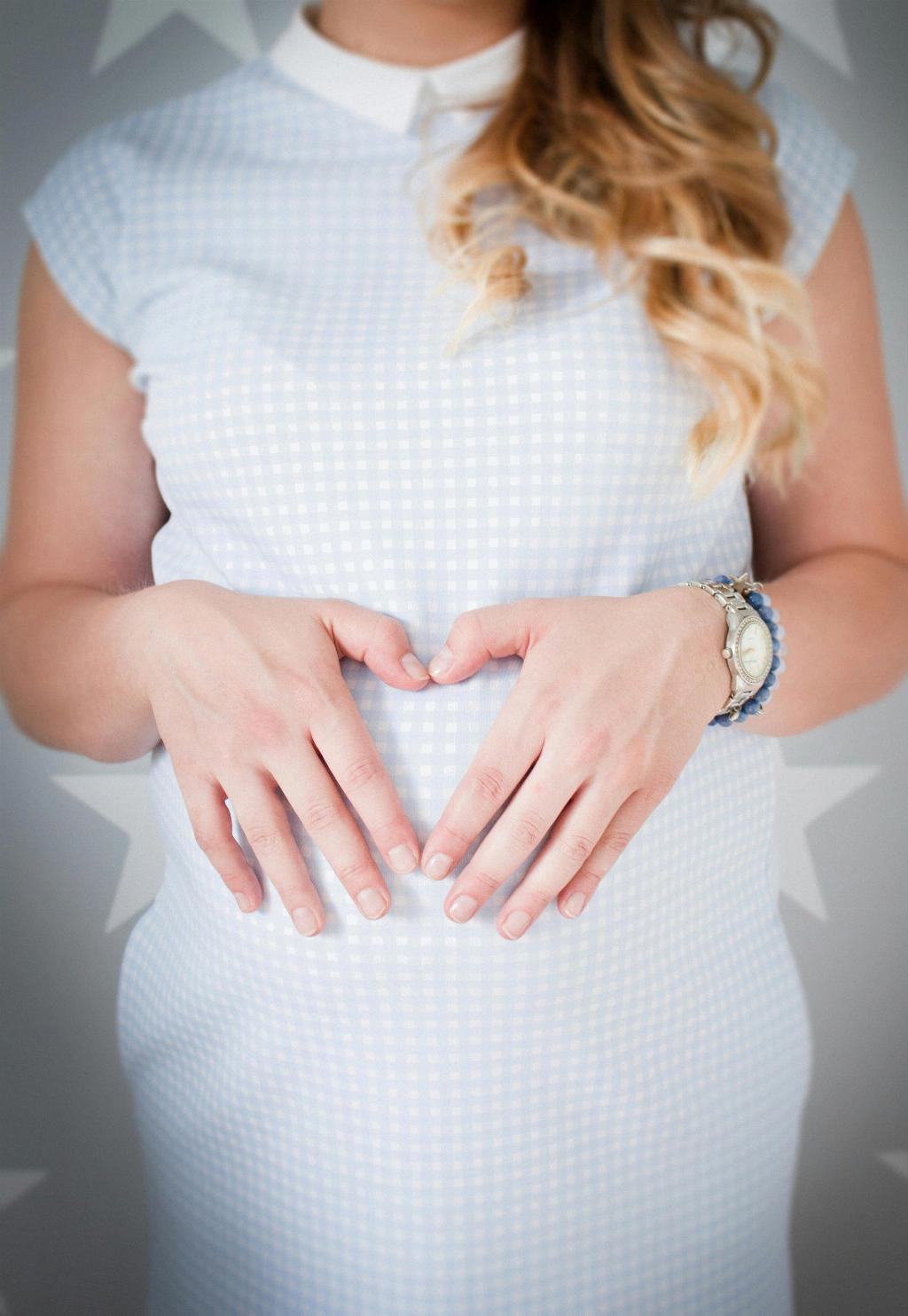When it comes to checking for early pregnancy, timing is key. You can typically carry out most pregnancy tests from the first day of a missed period. However, if you’re unsure about when your next period is due, it’s recommended to do the test at least 21 days after you last had unprotected sex.
For those who are eager to find out early, there are some very sensitive pregnancy tests available that can be used even before you miss a period. These tests can detect pregnancy hormones in your urine as early as a few days before your expected period.
It’s important to note that the accuracy of a pregnancy test can vary depending on when you take it. Testing too early may result in a false negative, leading you to believe you’re not pregnant when you actually are. To avoid potential disappointment, it’s best to wait until your period is a few days late before taking a test.
Additionally, the timing of ovulation can also affect when you should check for early pregnancy. If you know the date of ovulation, you can estimate the best time to take a test. Generally, it’s recommended to wait at least 12-14 days after ovulation before testing for pregnancy.
Factors such as the sensitivity of the pregnancy test and the levels of pregnancy hormones in your body can impact the accuracy of the results. While some tests claim to provide accurate results before your missed period, it’s important to remember that waiting a few extra days can increase the reliability of the test.
If you’re experiencing early pregnancy symptoms such as nausea, fatigue, or breast tenderness, you may be tempted to take a test right away. While these symptoms can be indicators of pregnancy, they are not always reliable early on. Waiting until your period is due can provide more conclusive results.
Every woman’s body is unique, and the timing of pregnancy detection can vary from person to person. Some women may receive accurate results a few days before their expected period, while others may need to wait a week or more for reliable results. Patience is key when it comes to early pregnancy testing.
It’s also essential to follow the instructions provided with the pregnancy test carefully to ensure accurate results. Using a test improperly or at the wrong time of day can impact its effectiveness. Additionally, using a high-quality pregnancy test can help increase the accuracy of the results.
If you receive a negative result but still suspect you may be pregnant, it’s recommended to wait a few days and retest. Pregnancy tests are most reliable when taken after your period is late, but retesting can provide clarity if you’re still unsure about the results.
Ultimately, the best time to check for early pregnancy is when you feel ready and prepared for the possibility of a positive or negative result. It’s essential to consider factors such as timing, symptoms, and the reliability of the test to make an informed decision about when to take a pregnancy test.
Remember that early pregnancy testing can be an emotional time, filled with anticipation and uncertainty. It’s important to stay informed, patient, and supported throughout the process. Whether you choose to test early or wait until your missed period, trust your instincts and take care of yourself during this potentially life-changing moment.
By understanding the factors that influence the timing of early pregnancy testing, you can approach the process with knowledge and confidence. Each woman’s journey to motherhood is unique, and the timing of pregnancy detection is just one step in the beautiful and transformative experience of growing a new life.

